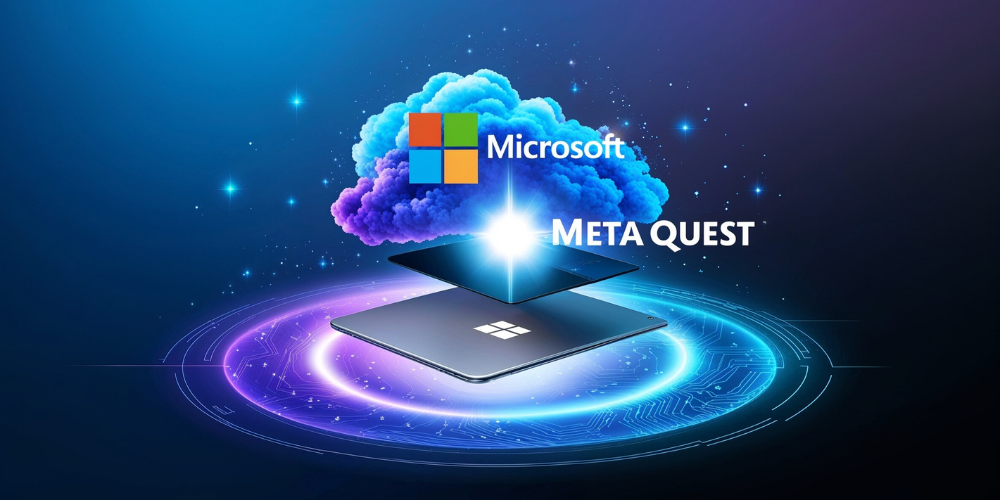Microsoft and Meta Quest: A New Dimension for Windows 11
2024-11-20

In a revolutionary move, Microsoft is set to bring the complete Windows 11 experience to the Meta Quest 3 and Quest 3S headsets. By December, users can expect to dive into a seamless blend of computing and virtual realms. This public preview promises not only connectivity to local PCs but also cloud-powered Windows environments via Windows 365. As technology enthusiasts, we find ourselves at the cusp of what can be aptly called a new era, where the power of Windows integrates with the immersive capacities of Meta's hardware.
This integration transforms the way we interact with digital content, offering a 'private, high-quality, large, multi-monitor workstation' accessible in seconds. The potential of a virtual desktop environment that feels tangible and interactive brings a fresh perspective to traditional computing. Microsoft assures that these aren't just empty promises; they bring forward Volumetric Apps, enhancing Windows applications into the 3D territory. Imagine manipulating digital objects in space with direct hand movements, such as viewing a digital Xbox controller in an exploded view. The realism and innovation of these interactions underscore Microsoft’s commitment to expanding Microsoft's digital footprint into new dimensions.
Developers are provided with tools to dive deeper into this reality shift; access to the API allows the creation or enhancement of 3D desktop apps. Such tools empower developers with the capability to build plug-ins that amplify the practicality and allure of augmented computing. As more applications incorporate volumetric features, the blend of utility and novelty may redefine desktop experiences across various industries. The implications extend beyond entertainment—it’s a glimpse into a future where business solutions, education, and design exploit these headsets' potential to realize tasks that require intuition and immersion.
Microsoft’s venture into mixed reality is not without precedent. Partnering with Meta, the tech giant laid the groundwork with integrations like Microsoft Teams and expanded utility by launching Microsoft 365 productivity functionalities last year. The inclusion of Xbox Cloud Gaming served as the gateway drug for many users, leading to a growing curiosity and demand for enhanced Windows capabilities in such a realm. Undoubtedly, these preparatory steps have set the stage for a full symbiosis of traditional computing with next-gen VR capabilities, blending familiar tools within new interaction paradigms.
As 2024 unfolds, the spotlight will be on how these advancements are embraced and evolved. For users and developers alike, Microsoft's latest innovation represents more than a technological marvel—it redefines how we perceive and interact with both digital workspaces and entertainment. The convergence of Windows and Quest not only unlocks practical capabilities but also ushers in limitless creativity and functionality. Will this synthesis change the trajectory of personal and professional computing? All signs point to yes, as we eagerly anticipate witnessing and partaking in this immersive evolution.






